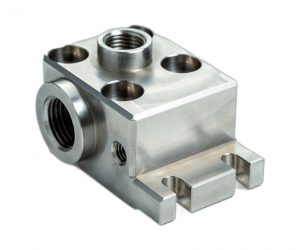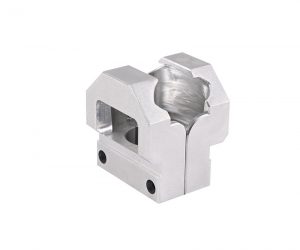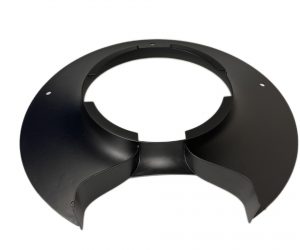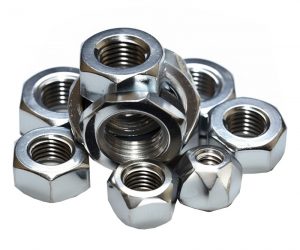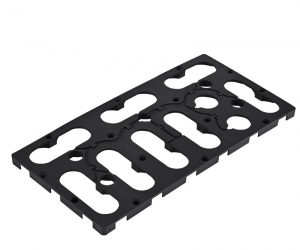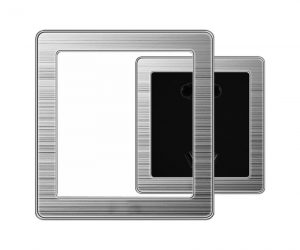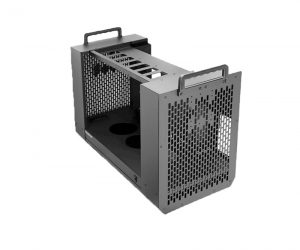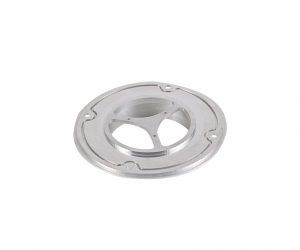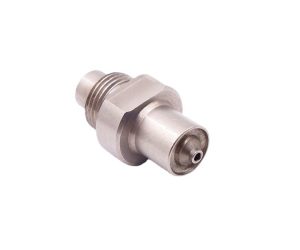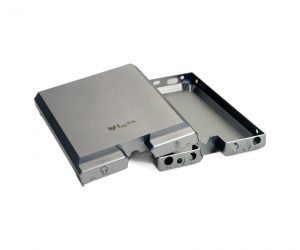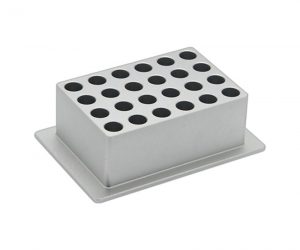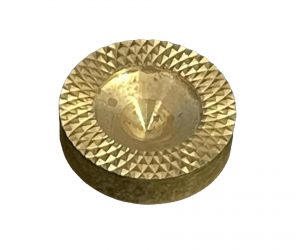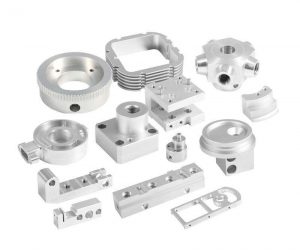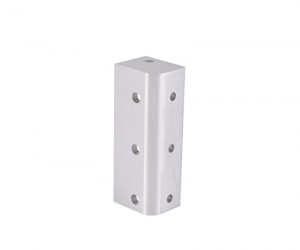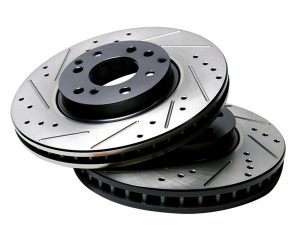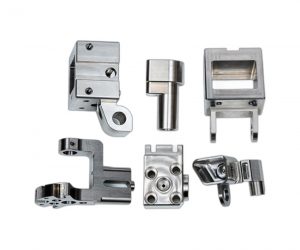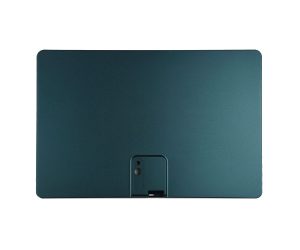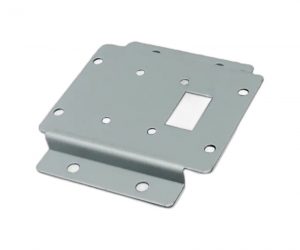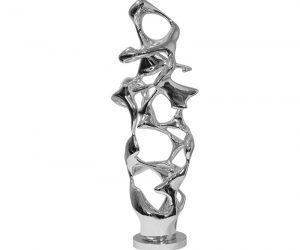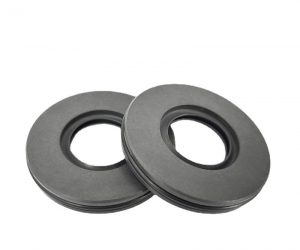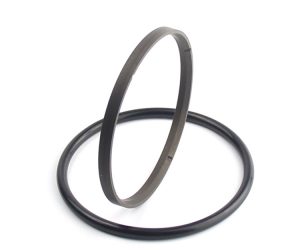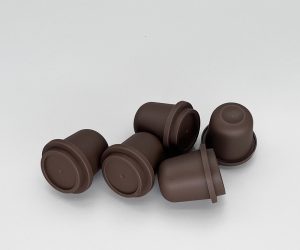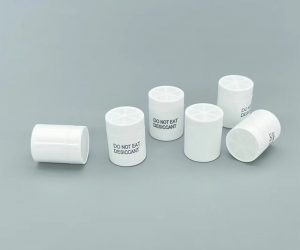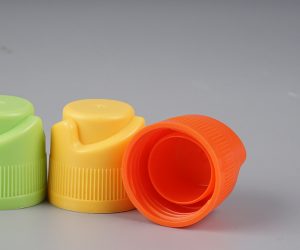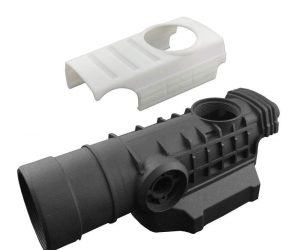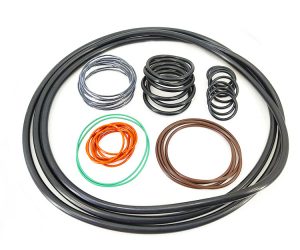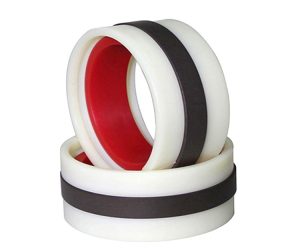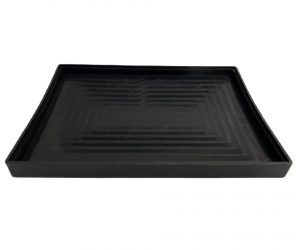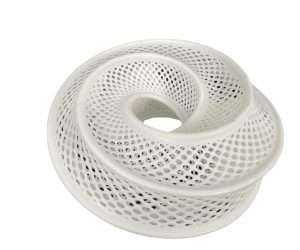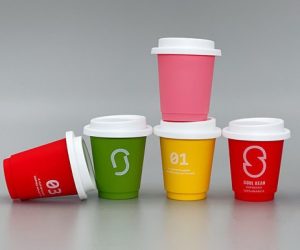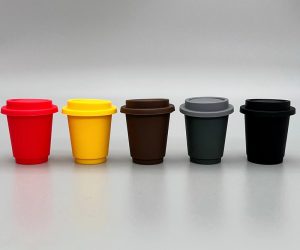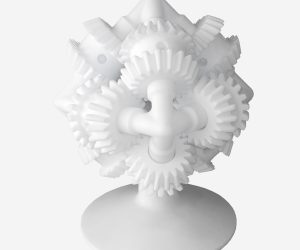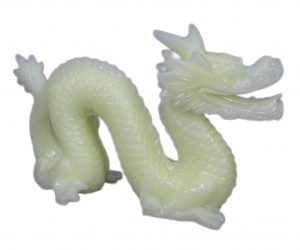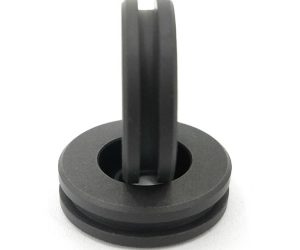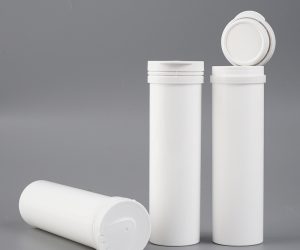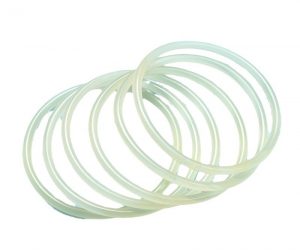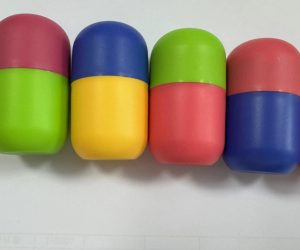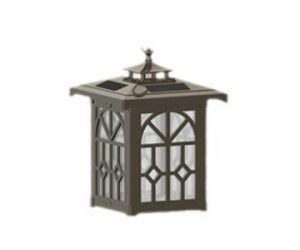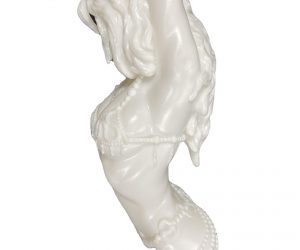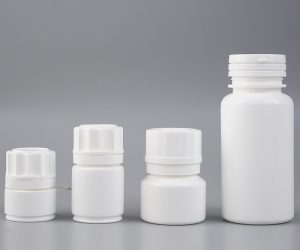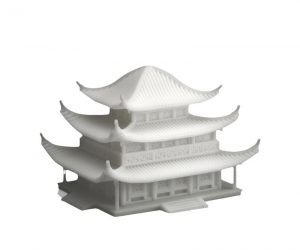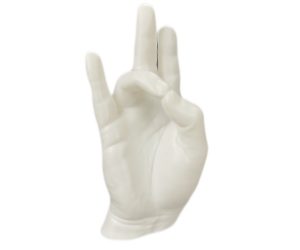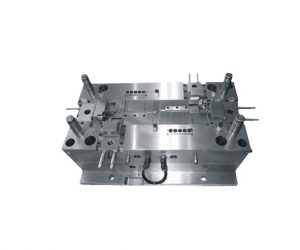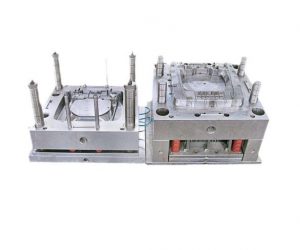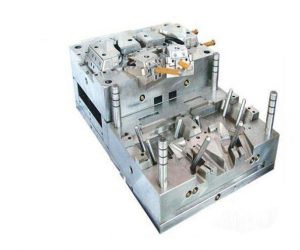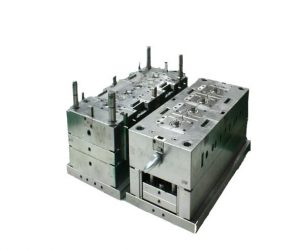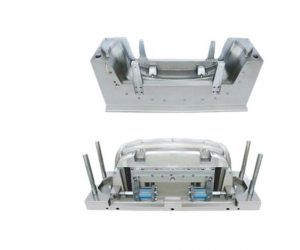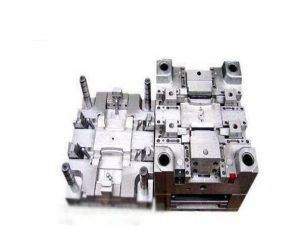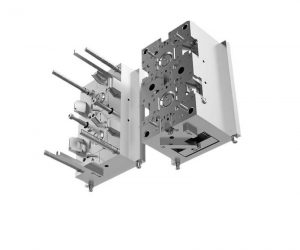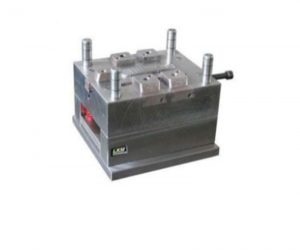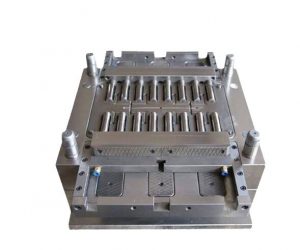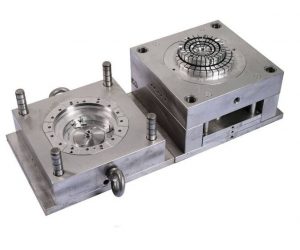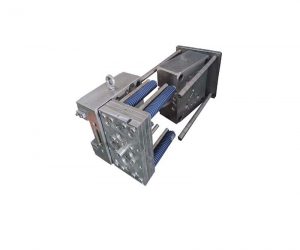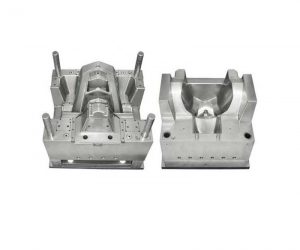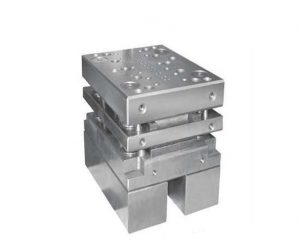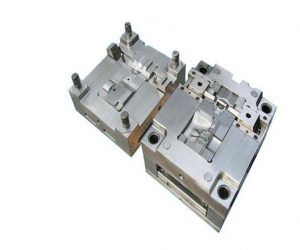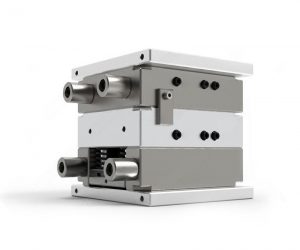Polyvinyl Chloride, or PVC, is a common plastic material that's widely used across different sectors like construction, healthcare, and automotive. One of the most important uses for PVC is in making PVC molds. These molds are essential for creating various items such as pipes, fittings, and cables. In this article, we will explore more about PVC molds, their advantages, types, and how to maintain them.
PVC is a versatile material with a broad range of applications in numerous industries. It plays a significant role in manufacturing PVC molds, which are crucial for producing various products like pipes, fittings, and cables. This article will provide an in-depth look at PVC molds, including their benefits, different types, and maintenance tips.
Benefits of PVC Molds:
PVC molds have several benefits over traditional ones. They are light, strong, and affordable. Working with PVC molds is easy, and they resist corrosion well, which makes them great for tough conditions. Plus, they're flexible, so you can make products with detailed designs and shapes.
Another plus for PVC molds is that they handle high heat well. This makes them perfect for making things like electrical cables that need to be exposed to high temperatures. And since they resist UV rays, PVC molds are also good for outdoor use.
Types of PVC Molds:
Injection molding is the most common type of PVC molding. It involves heating the PVC material to its melting point and injecting it into a mold cavity. The PVC material is then allowed to cool and solidify, resulting in the final product. Injection molding is ideal for producing products with complex shapes and designs, such as toys and automotive parts.
b. Blow Molding:
Blow molding is used to produce hollow products such as bottles and containers. The PVC material is heated and then blown into a mold cavity, creating the final product. Blow molding is ideal for producing products that require a high level of accuracy and consistency.
c. Extrusion Molding:
Extrusion molding is used to produce products such as pipes and tubes. The PVC material is fed into an extrusion machine, where it is heated and then forced through a die, resulting in the final product. Extrusion molding is ideal for producing products with consistent cross-sections.
d. Compression Molding:
Compression molding is used to produce products with large dimensions such as automotive parts and electrical components. The PVC material is heated and then placed into a mold cavity. The mold is then closed, and pressure is applied, resulting in the final product.

Maintenance of PVC Molds:
Proper maintenance of PVC molds is essential to ensure their longevity and efficient operation. The following are some tips for maintaining PVC molds:
a. Clean the molds regularly to remove any dirt, debris, or residue. Use a mild detergent and a soft cloth to clean the molds.
b. Lubricate the molds with a silicone-based lubricant to prevent the PVC material from sticking to the mold cavity.
c. Inspect the molds regularly for any signs of wear and tear. Replace any damaged or worn out parts immediately.
d. Store the molds in a clean and dry place to prevent the accumulation of moisture, which can lead to the growth of mold and mildew.
Conclusion:
PVC molds have several advantages over traditional molds. They are cost-effective, durable, and resistant to corrosion and UV rays. There are four main types of PVC molding: injection molding, blow molding, extrusion molding, and compression molding. Taking good care of PVC molds is essential for their long life and efficient operation. This includes regular cleaning, lubrication, inspection, and proper storage.
Despite their benefits, PVC molds also have some downsides. One major issue is that heating PVC releases toxic gases, which can be harmful to workers. It's crucial for manufacturers to follow safety guidelines to minimize this risk. Another drawback is that PVC is not eco-friendly. It doesn't break down easily and can harm the environment if not disposed of properly. To reduce this impact, manufacturers can use recycled PVC and adopt sustainable practices.
Overall, PVC molds are very useful in manufacturing various products. They offer many benefits but also come with certain risks. Manufacturers need to be aware of these issues and implement proper safety and environmental measures to ensure the safe and sustainable use of PVC molds.

